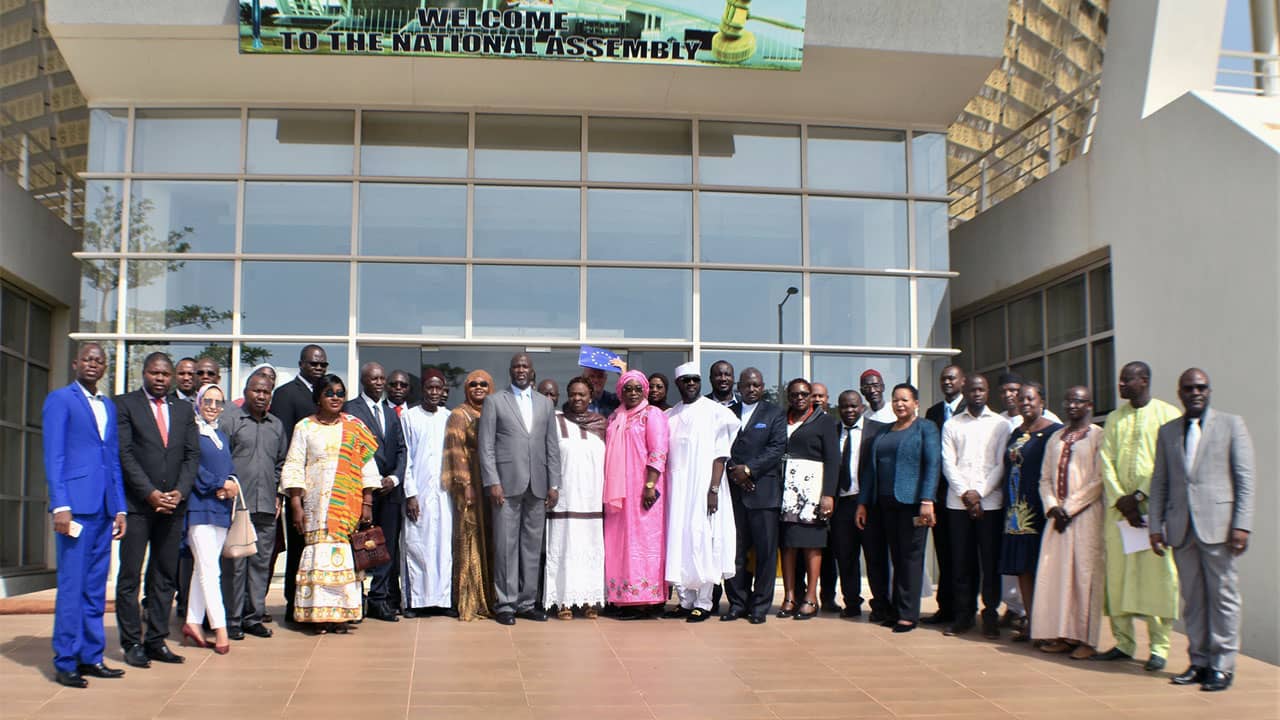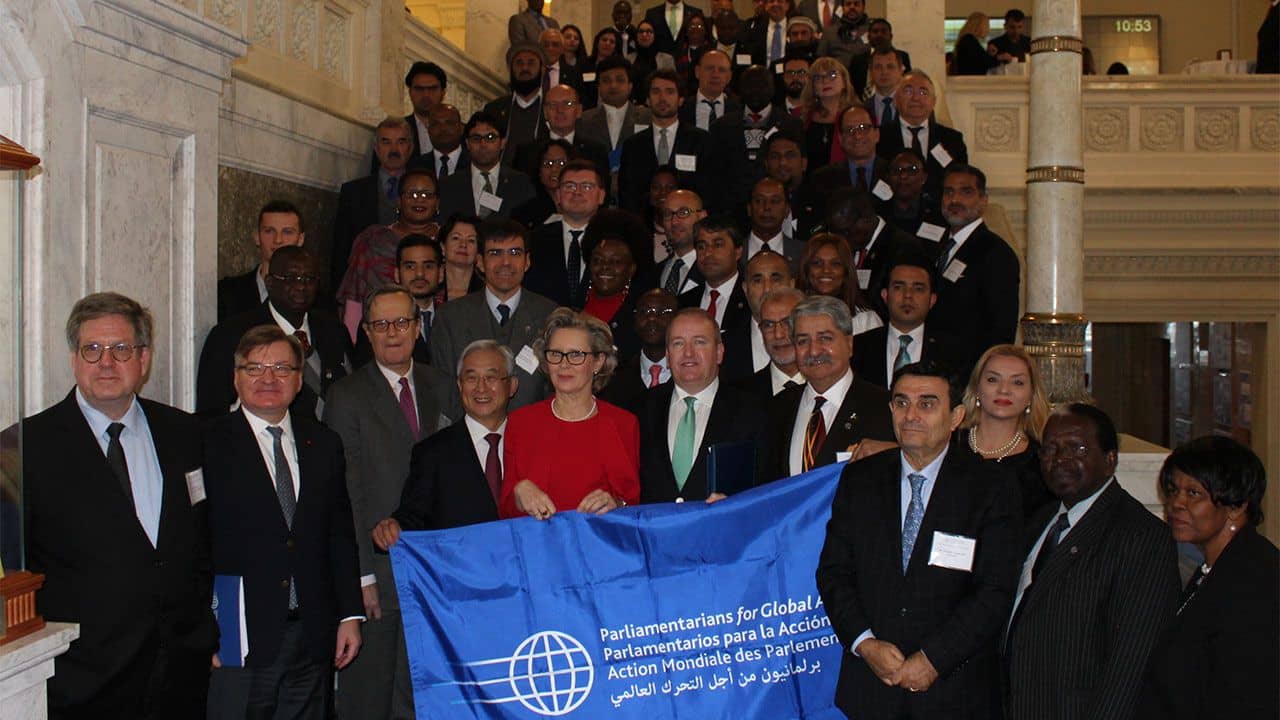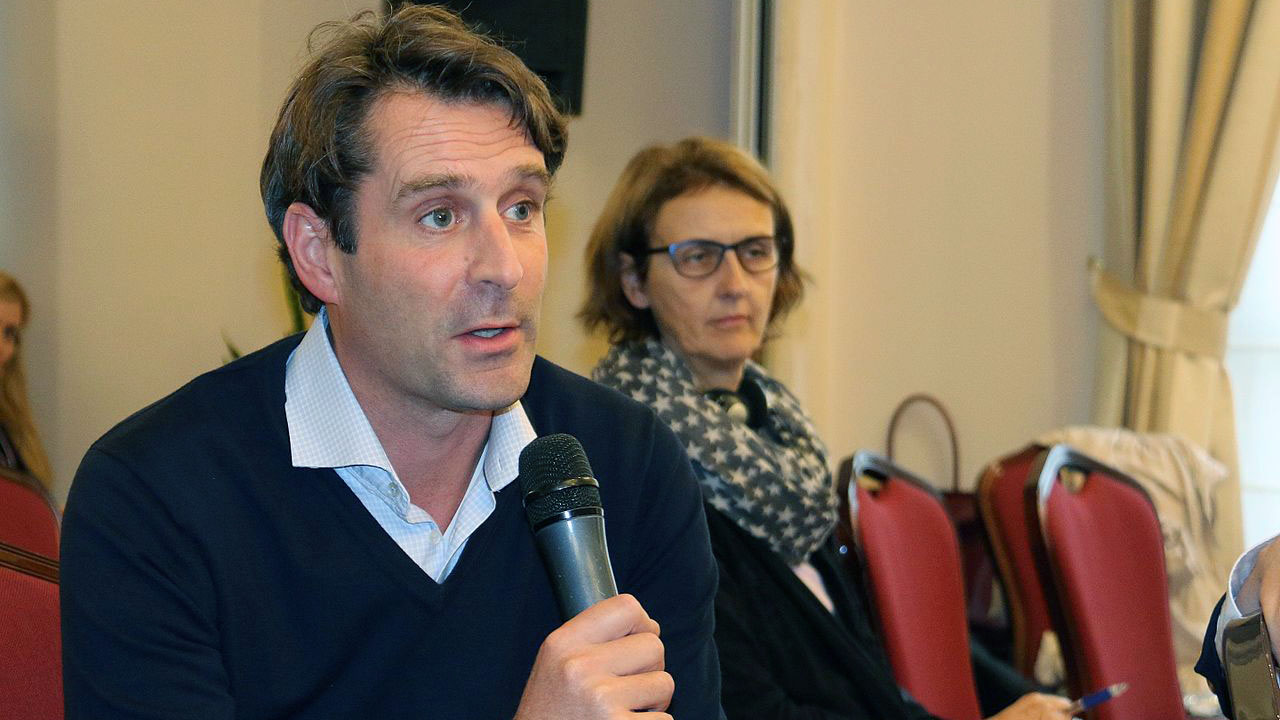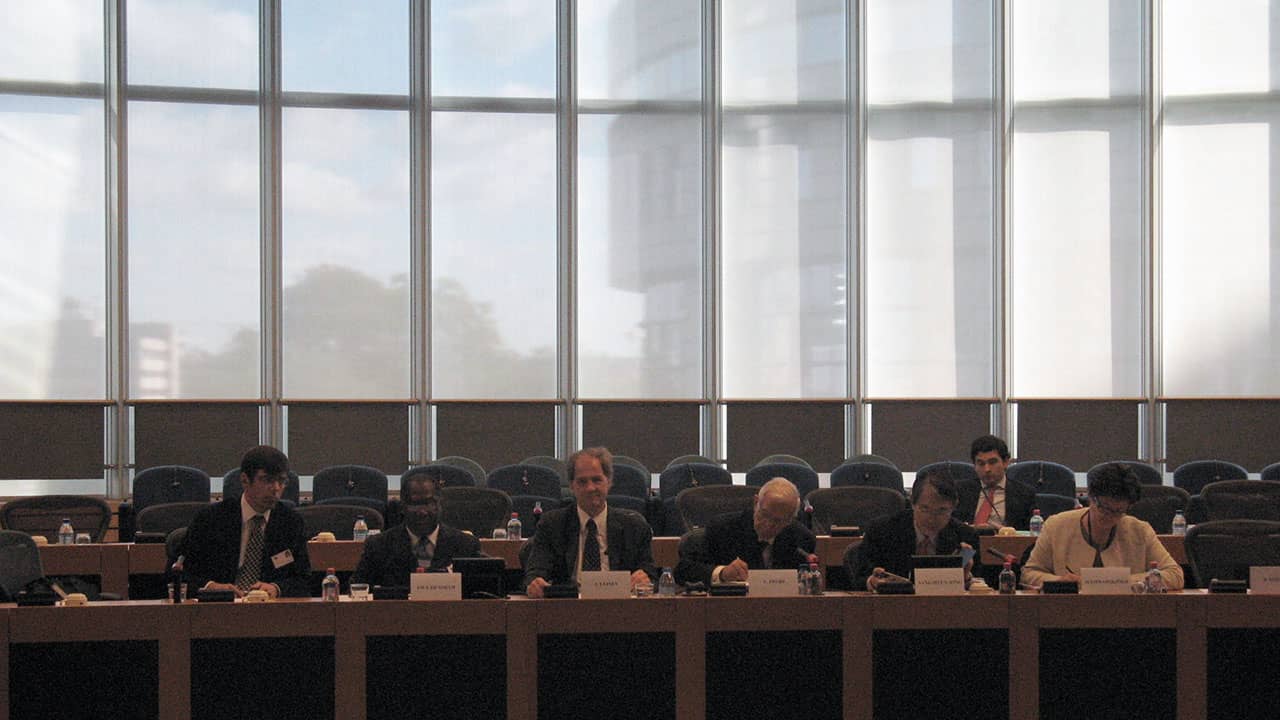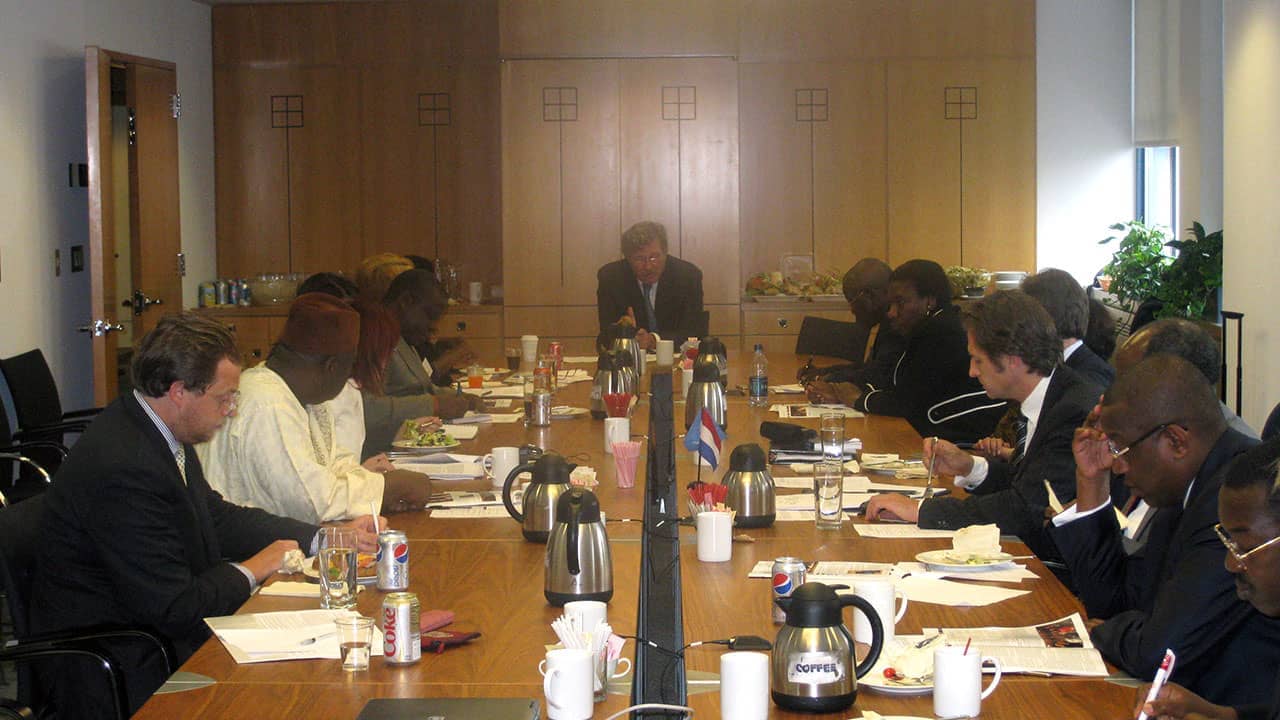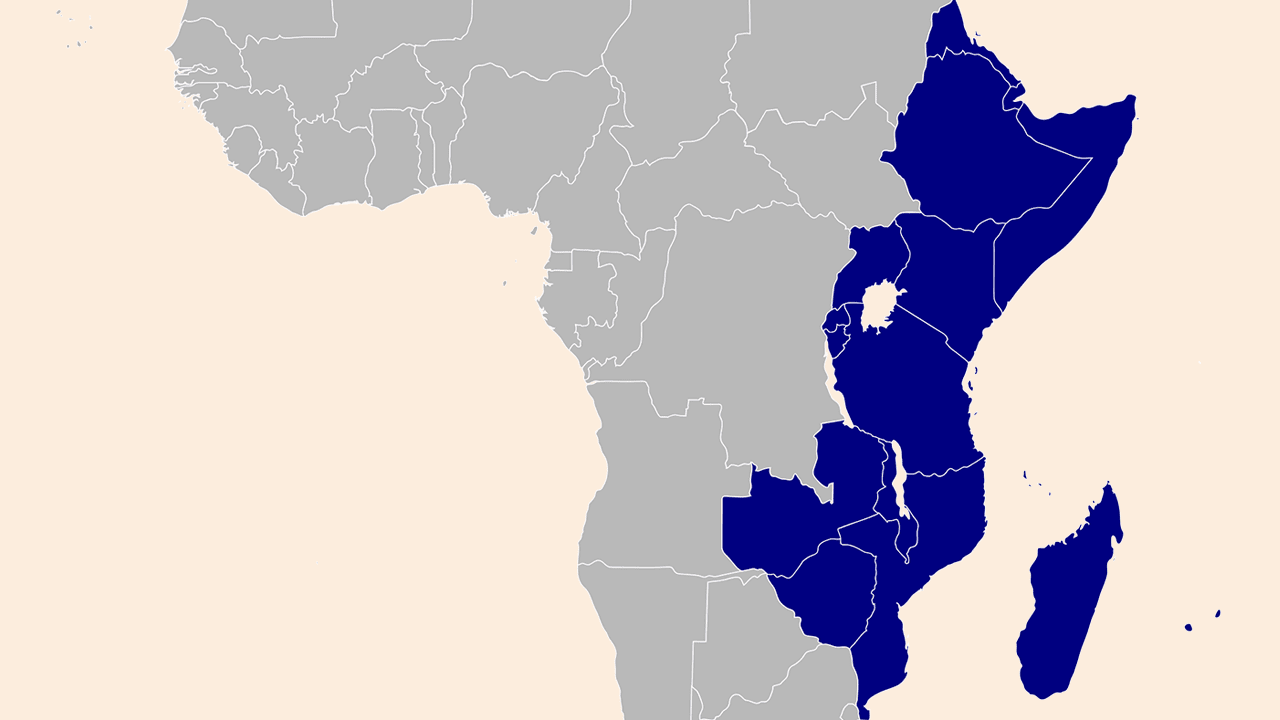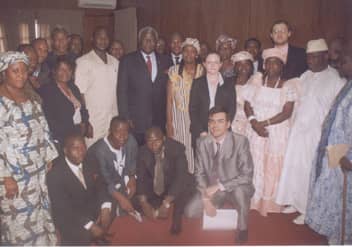PGA has been closely monitoring the developments in the attitude of the Government and Parliament of the Republic of Kenya since June 2007.
Rome Statute
Kenya has signed the Rome Statute on 11 August 1999.
Kenya has ratified the Rome Statute on 15 May 2005.
Kampala Amendments of 2010
Kenya has not ratified the Kampala Amendments.
Status on the domestic implementation of the Rome Statute
Kenya has implemented the Rome Statute by the entry into force of the International Crimes Act 2008 on January first 2009. This Act has been nominated to be repealed in 2013, but a final decision is still pending.
Agreement on Privileges and Immunities of the Court (APIC)
Kenya has not signed the APIC.
Additional Agreements
Kenya has not signed a Bilateral Immunity Agreement (BIA) with the United States.
Progress and PGA Action
Mid-2007, PGA started planning a Workshop in the Parliament of Kenya to be organized in early 2008, after the elections, on reforming legislation on the basis of the Rome Statute. Due to the electoral violence and political turmoil however, this Workshop was never organized.
In December 2010, the prosecutor of the ICC announced that he was seeking summonses of six people, including Mr. Uhuru Kenyatta and Mr. William Ruto over their involvement in the 2007-8 electoral violence. The ICC's Pre-Trial Chamber subsequently issued a summons for Mr. Ruto and Mr. Kenyatta and the other 4 accused, at the prosecutor's request.
Mr. Kenyatta was indicted in March 2011 on five counts of crimes against humanity. Kenyatta, son of Kenya’s founding President Jomo Kenyatta, is alleged to have planned, financed, and coordinated the violence perpetrated against the perceived supporters of the Orange Democratic Movement, the political rival of Kenyatta’s KANU party, during post-election violence from 27 December 2007 to 29 February 2008. Kenyatta is alleged to have "had control over the Mungiki organization" and directed it to conduct murders, deportations, rapes and other forms of sexual violence, persecutions, and other inhumane acts against civilians. In April 2013, Uhuru Kenyatta took office as the fourth President of Kenya. In July 2013, 3 witnesses on the trial against Uhuru Kenyatta declared they are no longer willing to testify. One additional witness declares he is being threatened. The opening of President Kenyatta’s trial is postponed by the current ICC Prosecutor due to lack of state cooperation and lack of evidence. During the Status Hearing of 8 October 2014, at which Mr. Kenyatta appeared before the Court in his personal capacity, the Prosecutor, Victims representation and the Kenyatta Defense team have pleaded for an indefinite adjournment or an acquittal of this case. On 5 December 2014, the Prosecutor filed a notice to withdraw charges against Mr. Kenyatta.
Mr. Ruto, since April 2013 the Vice-President of Kenya, is accused of planning and organising crimes against supporters of President Kibaki's Party of National Unity. He is charged with three counts of crimes against humanity, one of each of murder, forced transfer of population and persecution. On 23 January 2012, the ICC confirmed the charges against Mr. Ruto and Joshua Sang, on March 4, 2013 Mr. Ruto was elected Deputy President. Deputy President Ruto’s trial started at 10 September 2013.
The Jubilee Alliance, a coalition of political parties supporting the President Kenyatta and Deputy President Ruto, introduced a bill in Parliament to withdraw from the Rom Statute on 5 September 2013, arguing that the cases against their leaders are politically motivated.
In a letter to Kenyan MPs, PGA member MP’s from all over the world urged not to adopt a bill that would bring the withdrawal motion from the Rome Statute into effect.
The government of Kenya on its part has been lobbying the African Union successfully to support their amendments to the Rome Statute, in which immunity for prosecution of current Heads of States and government officials is being proposed.
A contrary perspective on the role of the ICC in Africa was expressed by African politicians from Western Africa, during the PGA-organised Working Group on the Fight against impunity in Francophone Africa.

